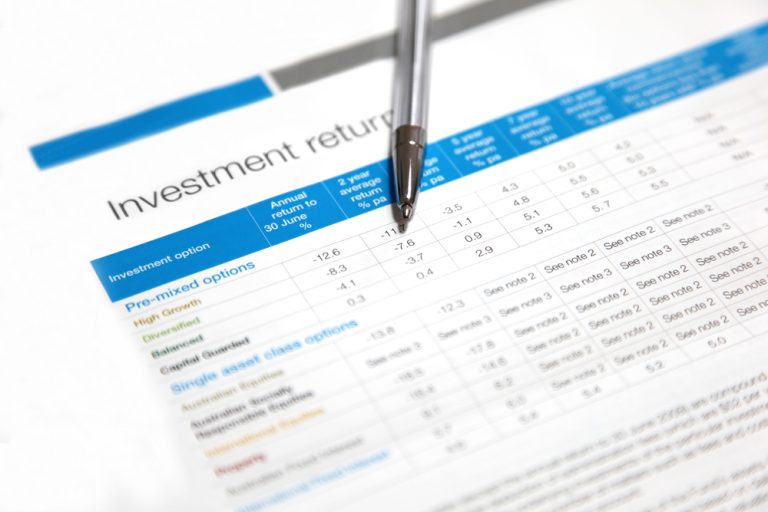Unlocking the mysteries of your super statement
Superannuation statements. Boring, right? But if, like many people, you toss your annual super statement in a drawer or hit delete, you could be depriving yourself of many thousands of…

Superannuation statements. Boring, right? But if, like many people, you toss your annual super statement in a drawer or hit delete, you could be depriving yourself of many thousands of…

Research shows that Australians are underinsured which has led to the proliferation of television advertisements promoting personal insurance cover. Are these quick and easy plans suitable for your family? Research…

So, you are seriously starting to think about your retirement. The kids are finally more independent, the mortgage is less than it was, and the super is more than it…
End of content
End of content